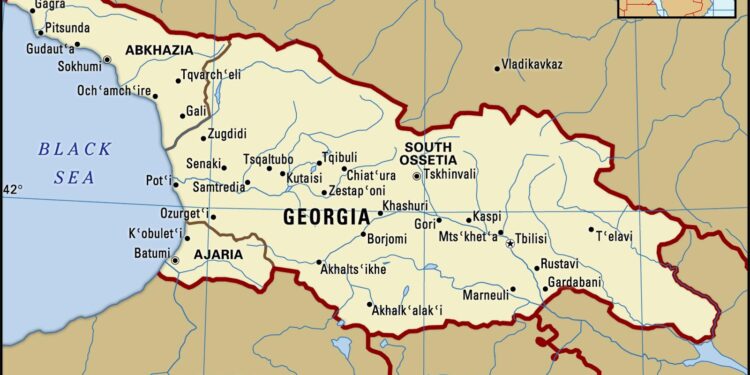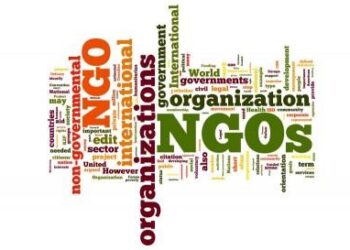In recent months, the political landscape in Georgia has become increasingly contentious as authorities implement a series of stringent laws aimed at suppressing dissent and curtailing civil liberties. According to a report by Amnesty International, these measures are being characterized as draconian, raising urgent questions about the state of human rights in the country. with restrictions on free speech, assembly, and press freedoms tightening under the guise of maintaining public order, activists and opposition groups are voicing their concerns over what they perceive as an assault on democratic principles. The ramifications of these new laws extend beyond simple governance; they signal a troubling trend towards authoritarianism that could have lasting implications for civil society in Georgia. This article delves into the details of these legislative changes, the reaction from local and international actors, and the broader implications for human rights and democracy in the region.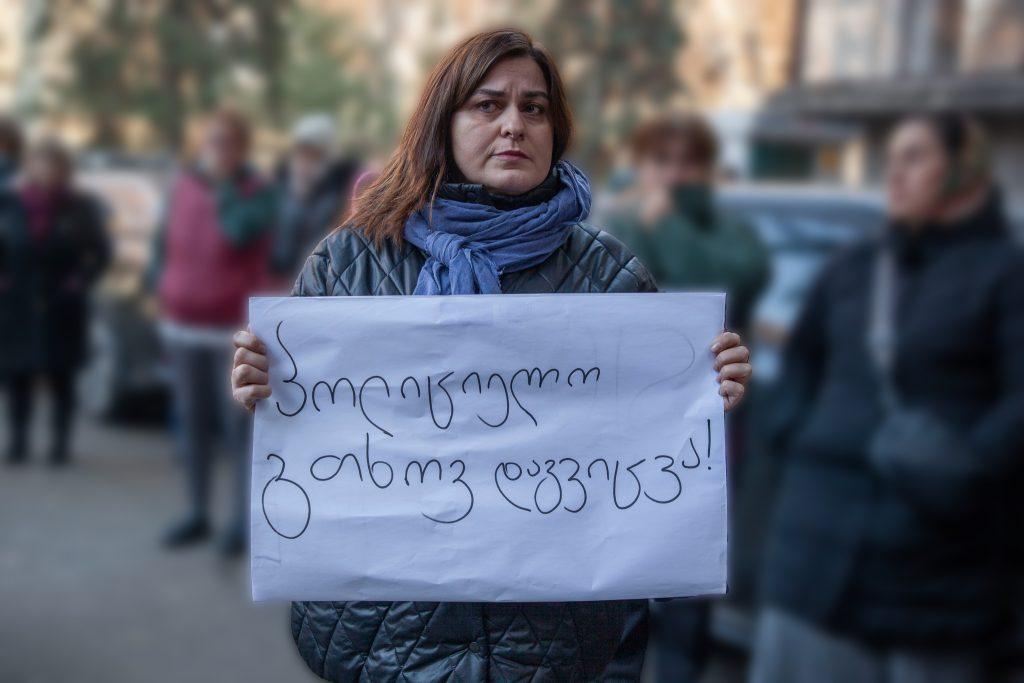
Georgias Legislative Landscape Shift: Understanding the New Draconian Laws
The recent legislative changes in Georgia have sparked outrage among civil rights advocates, as the government implements what many consider to be draconian laws targeting dissent. These new regulations impose severe restrictions on protests, limiting citizens’ ability to express their opinions freely. Critics argue that these measures not only undermine democracy but also create a climate of fear, discouraging public participation in political discourse. Significant provisions of the laws include:
- Increased penalties for participating in unauthorized gatherings.
- Criminalization of certain forms of protest,categorized as “disruptive.”
- Greater surveillance of individuals involved in dissent activities.
This shift in Georgia’s legislative landscape raises questions about the balance between maintaining public order and protecting fundamental rights. With these laws in place, there is a growing concern that the government is prioritizing control over civil liberties. The consequences may extend beyond immediate penalties, stifling public discourse and creating an environment where apprehension prevails. The following table highlights key aspects of the new laws:
| Law Element | Impact |
|---|---|
| Protest Restrictions | Limits citizens’ ability to assemble freely. |
| Surveillance Increase | Heightened monitoring of activists and civil organizations. |
| Criminal Charges | Potential prison sentences for non-violent protestors. |
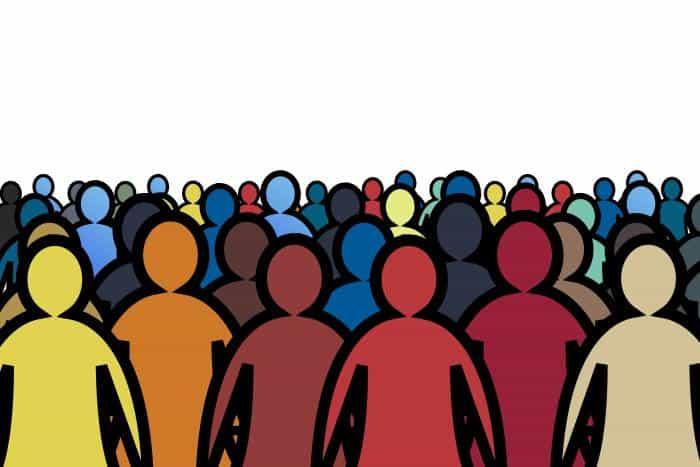
Impact on Civil society: How Dissent is Being Silenced
In recent months, the Georgian government has enacted draconian laws that have had a pronounced effect on civil society, resulting in an environment where dissent is increasingly stifled. These legal changes enable authorities to wield extensive power against anyone expressing opposition to the government’s policies, silencing voices that are crucial for a vibrant democracy. Organizations and activists face heightened risks of harassment, intimidation, and even legal prosecution solely for their attempts to hold the government accountable.The ramifications extend far beyond individual cases, creating a chilling effect that discourages collective action and public discourse.
Key measures being implemented include:
- Restrictive legislation: New laws that impose stringent regulations on NGO funding, limiting their operational capacity and effectiveness.
- Surveillance Increase: Expanding surveillance tactics against activists, making public demonstrations perilous.
- Judicial Manipulation: Utilizing the judiciary to target dissenters through selective prosecutions and manipulation of legal processes.
These actions are designed not only to suppress opposition but also to instill fear among citizens, creating an atmosphere where speaking out is perceived as a hazardous gamble. Civil society organizations, which traditionally serve as watchdogs and advocates, find themselves under siege, weakening the very fabric of participation and civic engagement essential for a democratic society.
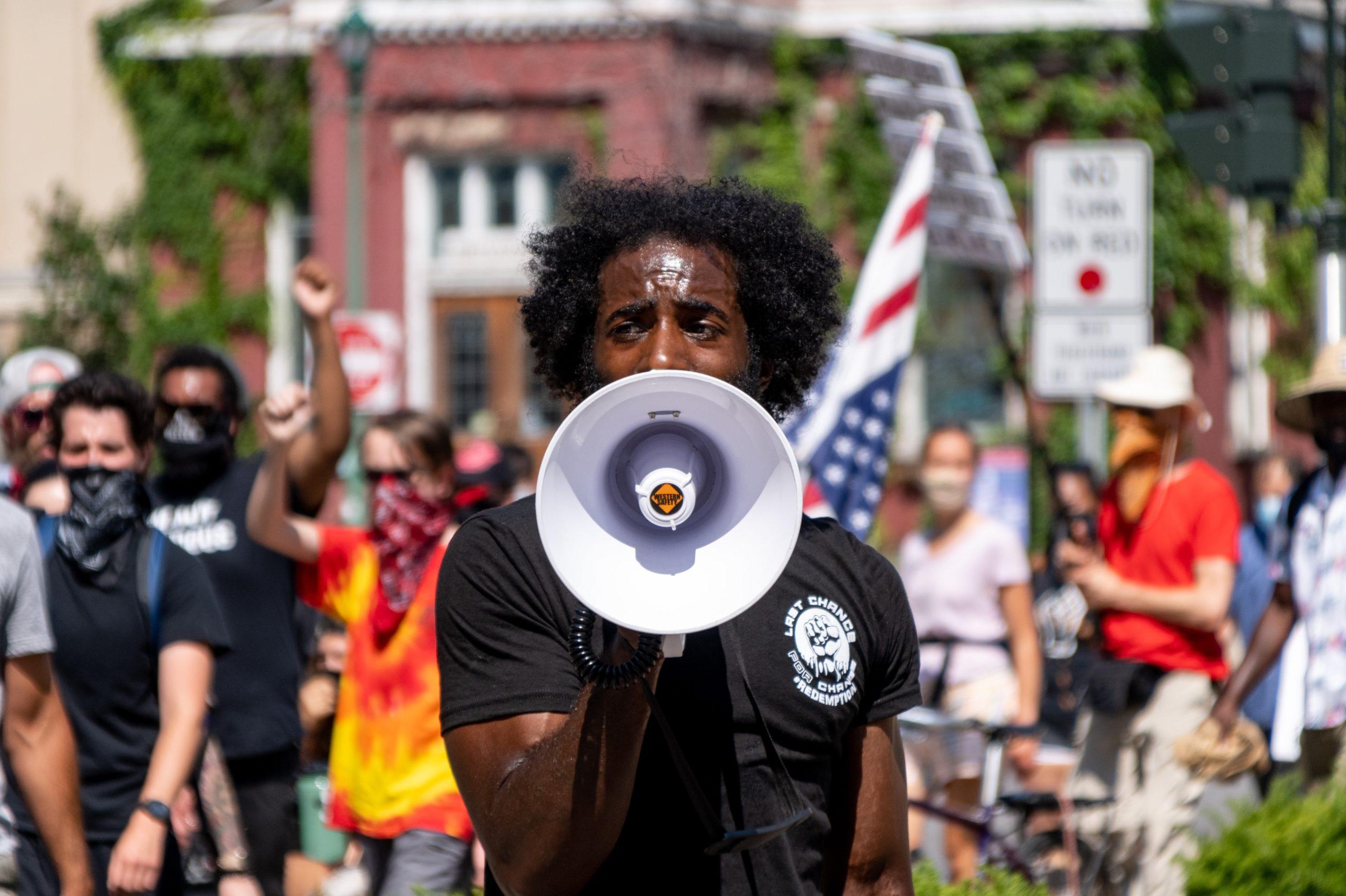
Voices of Resistance: Activists Respond to Repressive Measures
In response to increasingly autocratic tactics employed by the Georgian authorities, activists are uniting to voice their opposition against draconian laws that silence dissent.These measures, which have been critiqued as oppressive, include heavy fines and potential imprisonment for protests, thus instilling a climate of fear among those who dare to advocate for change.As individuals from various backgrounds come together, their resilience highlights the urgency of the situation, with many citing human rights, freedom of speech, and democracy as core values under threat. Key figures leading the charge have noted that the government’s approach is a blatant attempt to quash any form of opposition while drawing international condemnation.
Grassroots organizations and seasoned activists are employing a myriad of strategies to counter this crackdown, emphasizing solidarity and public awareness.Some noteworthy responses include:
- Public Demonstrations: Organizing peaceful protests, amplifying their message through social media campaigns.
- Legal Challenges: Mobilizing legal teams to contest unjust laws and defend arrested protesters in court.
- International Advocacy: Raising awareness among global human rights organizations to put pressure on the georgian government.
By fostering unity among various demographic groups, these activists are building a formidable resistance. According to recent reports, the impact of their efforts has already begun to resonate internationally, with an increasing number of supporters joining the cause, amplifying calls for accountability in governance.
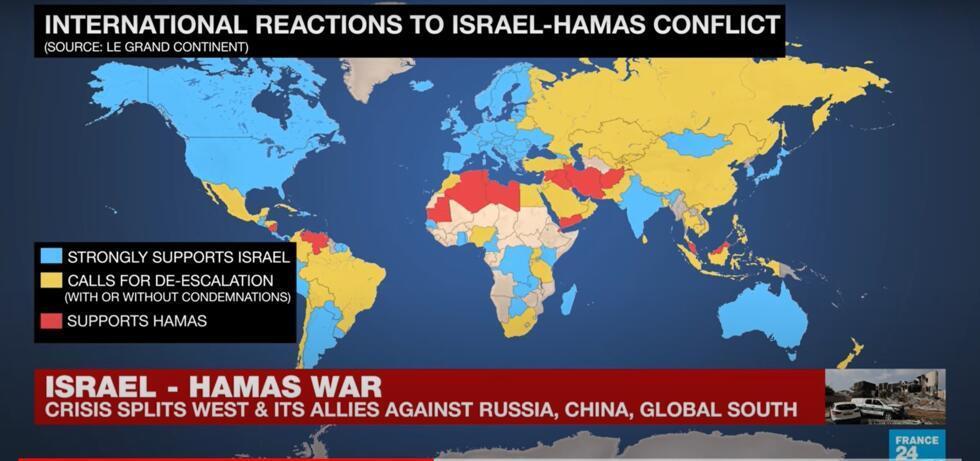
International Reactions: The Global Outcry Against Georgias Crackdown
Following the implementation of stringent laws in Georgia,a wave of international condemnation has been evident.Global leaders and human rights organizations have raised their voices against what they describe as a severe infringement on basic freedoms and democratic principles. analysts have pointed out the detrimental impact these laws could have on civil society, urging the Georgian authorities to reconsider their approach.Some notable reactions include:
- The European union: The EU has expressed concerns regarding the erosion of democratic values, emphasizing the need for adherence to international human rights standards.
- United Nations: A spokesperson condemned the crackdown, stating that “freedom of expression should never be curtailed by legislative frameworks.”
- Human Rights Watch: They labeled the new laws as “draconian,” calling for immediate repeal and respect for dissenting voices within Georgia.
Considering these developments, several countries have also taken a stand, urging Georgia to uphold its commitments to democracy. A recent statement released by a coalition of NGOs highlighted the potential for backlash against such authoritarian measures, noting that history has often shown that attempts to suppress dissent lead to greater public resistance. To underscore the gravity of the situation, various advocacy groups are calling for:
| Action Item | Responsible Entity |
|---|---|
| Monitoring of Human Rights Violations | International Observers |
| Sanctions Against Officials | Global Coalitions |
| Public Awareness Campaigns | NGOs and Civil Society |
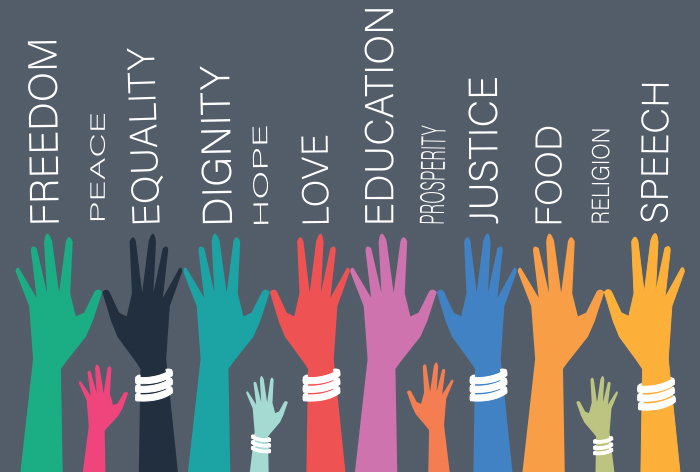
Recommendations for reform: A Call to protect Human Rights in Georgia
In light of the alarming shift towards authoritarianism in Georgia,it is imperative that both national and international entities advocate for a comprehensive overhaul of existing policies that infringe on fundamental freedoms. to this end, recommended reforms should include:
- Revising repressive laws: A thorough review and amendment of all legislation that restricts free expression, assembly, and association.
- Strengthening judicial independence: Establishing mechanisms to ensure that the judiciary operates free from political influence, thereby protecting activists and dissenters.
- Promoting civil society engagement: Providing support and funding to non-governmental organizations that champion human rights and democratic values.
- Enhancing openness: Implementing laws that guarantee access to information,ensuring government accountability and public trust.
Moreover, the international community must play an active role by imposing diplomatic measures and sanctions against those responsible for egregious violations of human rights in Georgia. This can include:
| Action | Description |
|---|---|
| Increased scrutiny | Monitoring human rights conditions and reporting violations to relevant bodies. |
| Targeted sanctions | Imposing travel bans and asset freezes on officials implicated in rights abuses. |
| Support for activism | Providing tools and resources to local activists and autonomous media outlets. |
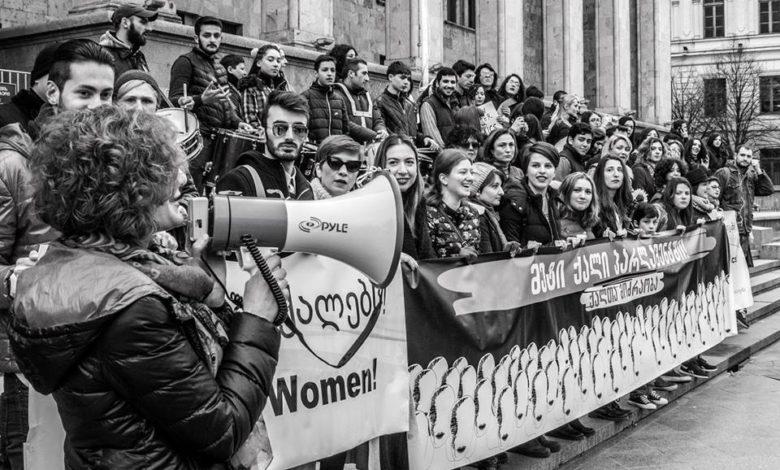
The Future of Dissent: Navigating the Challenges Ahead for Georgian Activism
The landscape of activism in Georgia is rapidly changing,as authorities implement draconian laws that impose severe restrictions on freedoms of expression,assembly,and peaceful protest. These newfound legal frameworks are designed to stifle dissent, targeting activists and civil society with harsh penalties for exercising their rights. This environment creates a chilling effect that discourages grassroots mobilization, leaving many to contemplate the viability of their efforts.As pressure mounts, activists are compelled to adapt, strategizing ways to navigate these oppressive circumstances while maintaining their commitment to justice and equality.
In light of these challenges, it is indeed crucial for the Georgian activism community to consider innovative approaches to sustain their movements. Some potential strategies include:
- Digital Mobilization: Harnessing technology and social media to organize and disseminate information swiftly.
- Coalition Building: Forming alliances with international organizations to gain visibility and support for local causes.
- Creative Protest: Employing non-customary methods of protest that attract attention without violating restrictive laws.
In this evolving landscape,it is essential to understand the implications of the authorities’ actions on civic space and advocate for reforms that protect the right to dissent. Below is a table summarizing recent laws and their impact:
| Law | Description | Impact on Activism |
|---|---|---|
| Law A | Imposes fines for unauthorized gatherings. | chills public assembly efforts. |
| Law B | Restricts online speech and misinformation penalties. | Limits freedom of expression online. |
| Law C | Increases surveillance of public protests. | Discourages participation due to fear of persecution. |
The Way Forward
the recent actions taken by authorities in Georgia, as reported by Amnesty International, underscore a growing concern regarding the erosion of dissent and civil liberties in the country. The implementation of draconian laws appears to reflect a systematic effort to stifle opposition and control the narrative surrounding dissenting voices. As international attention turns to Georgia, it is imperative that the global community advocates for the protection of fundamental rights and freedoms.The implications of these laws extend beyond national borders, raising critical questions about the future of democracy in the region. As citizens, activists, and organizations rally against these oppressive measures, the call for accountability and reform has never been more urgent. The stakes are high, and the time for action is now.


